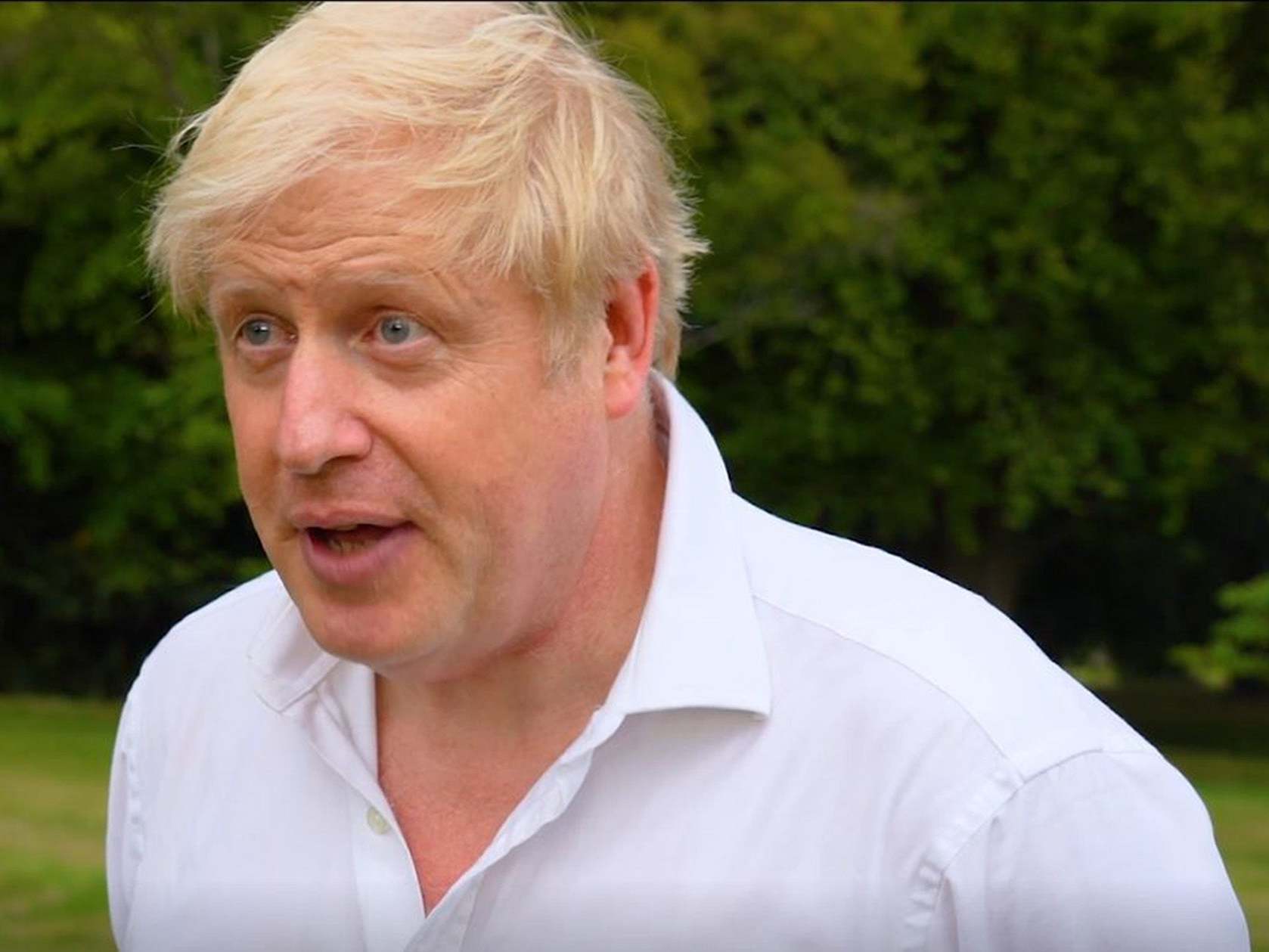Could a tax on junk food really work?
As Boris Johnson pledges to spearhead an anti-obesity campaign, Sean O'Grady looks at whether ‘sin’ taxes are effective

A tax on sugary and fatty foods, currently ruled out by the government, is certainly controversial. Unusually, all the main political parties, including the nationalists in Scotland and Wales, have no firm proposals to bring in such a levy, though all favour increasing restrictions on the promotion of junk food, as Boris Johnson has just announced, and its availability close to schools. Labour, at the last election, promised to extend the current tax on pop to flavoured milkshakes, but that was the limit to its radicalism.
It is a little puzzling. If high-sugar drinks are taxed, why not high-sugar foods? Or high-fat foods? George Osborne, after all a Conservative, brought the tax in with little hesitation in 2016, and it has been judged a success.
Raising revenue while constrained from pushing up income tax and other highly unpopular moves was also a factor for Osborne, as it is for the present government and its manifesto commitment not to alter the main tax rates. The Treasury may still be attracted to a junk food tax, given the state of the public finances, as is the Department of Health and Social Care for obvious reasons, but No 10 seems against.
Subscribe to Independent Premium to bookmark this article
Want to bookmark your favourite articles and stories to read or reference later? Start your Independent Premium subscription today.
Join our commenting forum
Join thought-provoking conversations, follow other Independent readers and see their replies